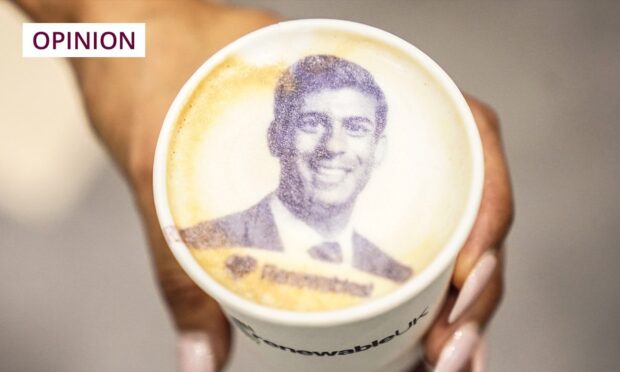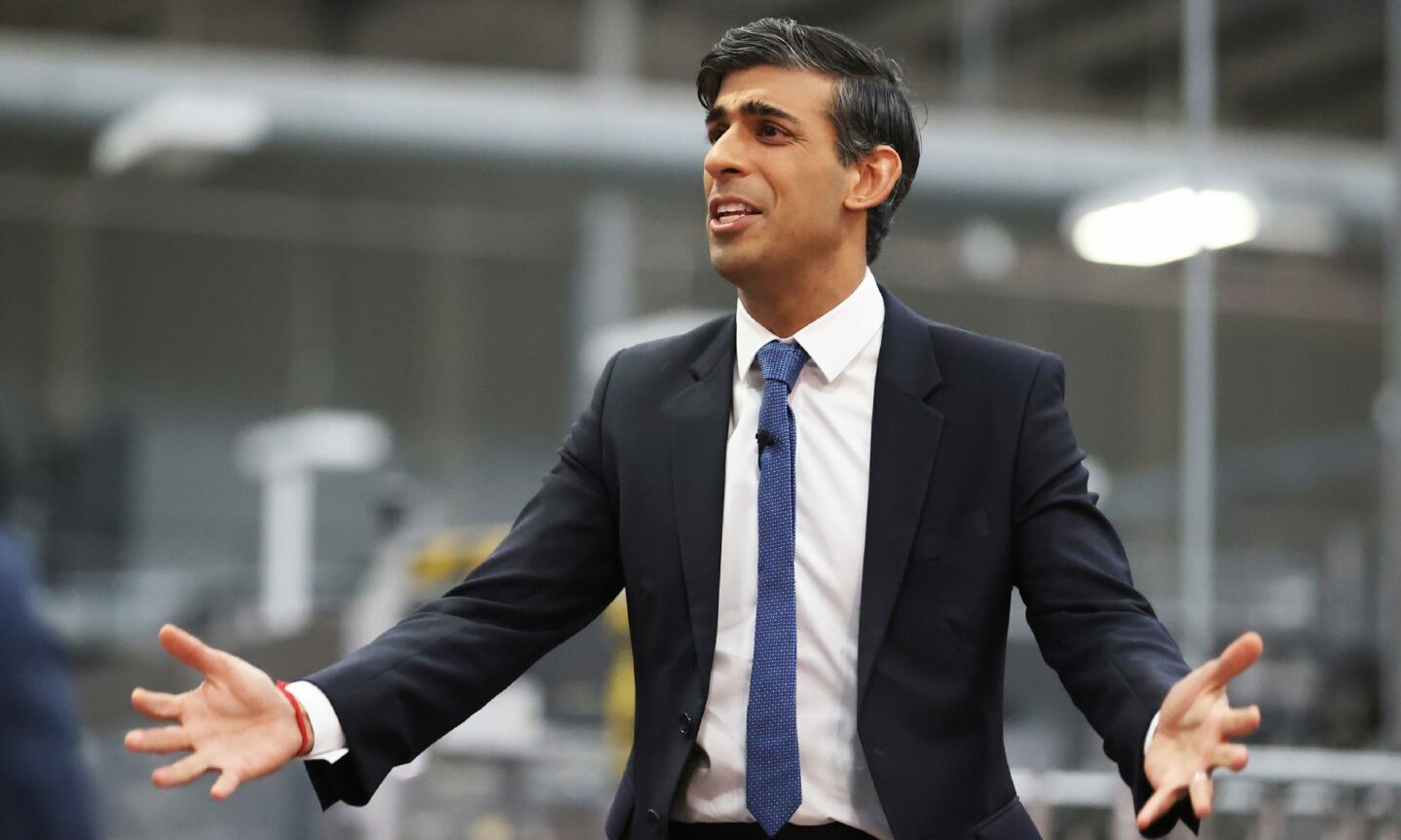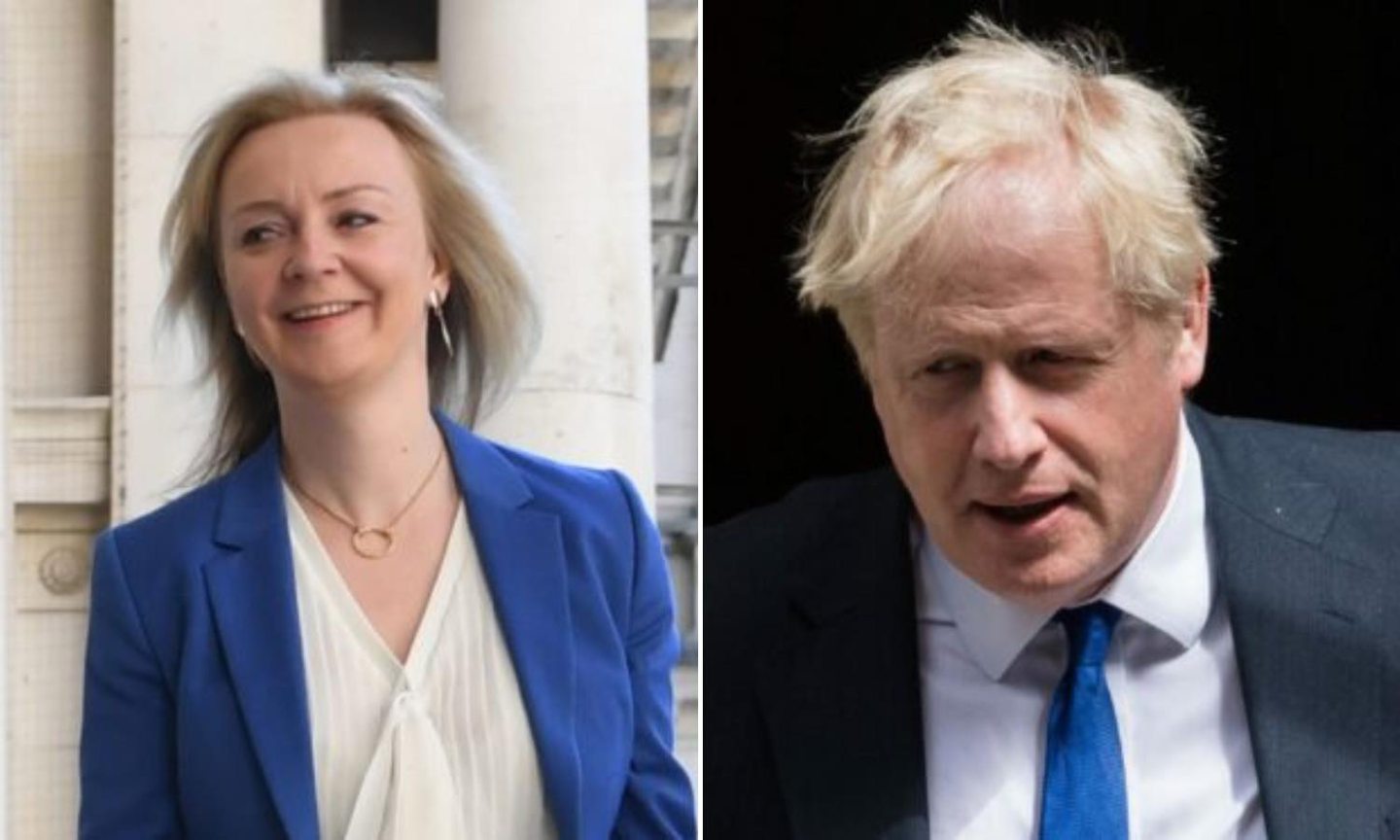Like the dismal autumn weather, the political conference season is upon us once again.
For the next month, the leaders of the big parties will make big speeches promising big things.
As with football strikers, who are told to make one run to confuse the defender and then immediately make another to get in on goal, each leader will be performing two tasks at once. The first will be to talk to their party, the MPs and committed activists who have turned up, sending coded messages to this faction and that: I’m one of you on this wing, but also one of you on this other wing; I am attempting to address just enough of your weird obsessions to keep you behind me.
The second will be to talk to the country, or at least to those voters who are interested enough to pay attention. This is where they mention the sane stuff that might just win votes in next year’s general election.
Depending on the strength of your position, the messages may be roughly the same. In 1997, Tony Blair, who was an obvious winner, largely spoke with one voice. He knew what the electorate wanted, had the polls to prove it, and fronted a party desperate for power after 18 years in opposition. He was able to tell the refuseniks on the periphery that it was his way or the highway.
Most, though, do not have this luxury. In Manchester this week, poor Rishi Sunak (poor might be the wrong adjective) is waist-deep in a vipers’ nest. Trailing heavily in the polls, Sunak sits atop a party that never really wanted him there – the members even preferred Liz Truss and her kamikaze ideological purity. Many of them somehow continue to pine for the unspeakable Boris Johnson.
The prime minister is a managerialist, a numbers geek who lacks charisma and who has succeeded instead through brains and hard work. This is not to be sniffed at, even if it leaves him short of the ideal toolkit for the top job. Like almost all of his predecessors, he knows that the best way to win is from the centre ground – a rounded offer that has enough variety in it to capture the broadest possible coalition of voters.
Hence, he has committed himself to halving inflation – which, as he points out, effectively acts as another form of taxation – and to getting the economy growing at a faster rate. He has also pledged to cut NHS waiting lists. And he remains dedicated to stopping the small boats bringing illegal immigrants and refugees to Britain. Something for you, and something for them.
To some Conservatives, Sunak is a placeholder
Despite everything that befell the country during the short-lived Truss supremacy, the right remains a powerful force. In May, London hosted the NatCon UK (short for National Conservatives) conference, focused on “the idea of the nation, the principle of national independence, and the revival of the unique national traditions that alone have the power to bind a people together and bring about their flourishing”. There was a Trump-lite feel to the whole affair, which was attended by the controversial Home Secretary Suella Braverman, Jacob Rees-Mogg, and many other senior figures from the bullishly pro-Brexit, small state wing of the party.
Truss, despite her fall from grace, is not keeping quiet, calling at a conference rally on Monday for tax cuts and for restrictions on fracking to be lifted
There is a sense that this grouping forms a Conservative leadership cadre in waiting – that if, as expected, the party is ejected from government next year, these people will provide its next leader and set its future direction. Johnson’s hollowing out of centrist MPs during the Brexit debate has only made this outcome all the likelier.
To these people, Sunak is a mere placeholder. Truss, despite her fall from grace, is not keeping quiet, calling at a conference rally on Monday for tax cuts and for restrictions on fracking to be lifted.
The PM and his party are out of time
After the last few, largely unhappy years in office, the Conservatives are struggling to – or simply do not want to – unite behind a coherent message going into the election. This places Sunak on the defensive, which, in part, led to his recent softening of the government’s net zero commitments.
The pressure on the prime minister to play two roles at conference is, therefore, greater than ever. To the country, he is attempting to portray himself as the “change” candidate, sober and prime ministerial after a turbulent era, committed to tackling the big challenges facing the UK with fresh ideas – difficult enough after 13 years of the Tories in office.
He must also find a way to unite the party behind his agenda, despite the mini explosions going off all around. Slim as the chance of victory next year is, if the Conservatives go into the campaign looking as brutally split and doctrinally divided as they currently do, they don’t stand a chance.
For my money, Sunak is the best PM we’ve had since David Cameron. Regardless, he and his party are out of time. We’ve been through some horrible experiences together, from Brexit to Covid to the cost-of-living crisis, and the Tories have hardly covered themselves in glory during any of them.
Sunak might want to be the change candidate, but too many in his party want that change to be his replacement with a Conservative of a tougher hue. And Britain’s voters, it seems, want a different kind of change altogether.
Chris Deerin is a leading journalist and commentator who heads independent, non-party think tank, Reform Scotland


